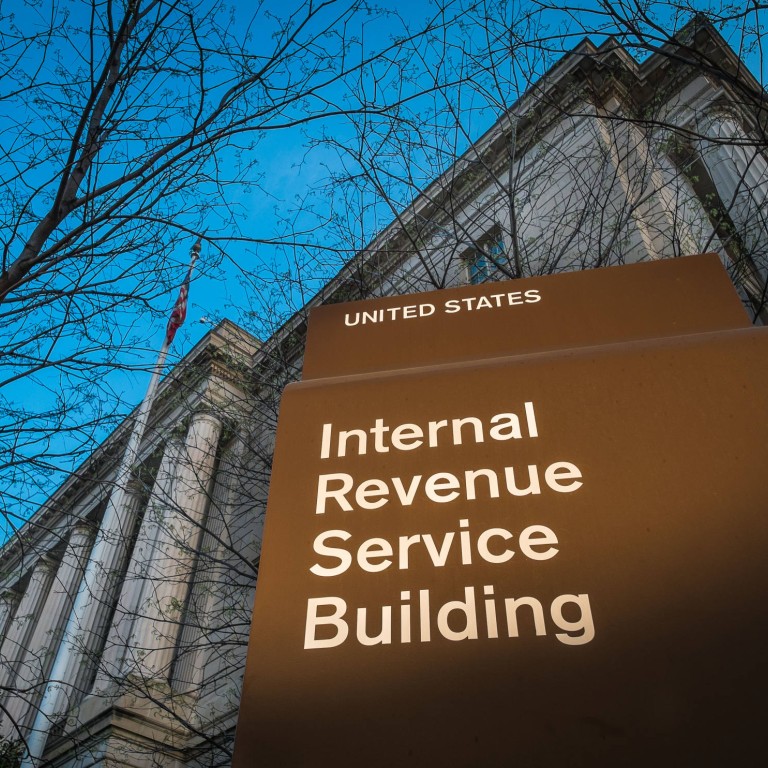
Fatca dealt with, but clones of tax evasion law may emerge
Mainland version of US tax law would have broader implications for compliance efforts
Fund houses and insurers in Hong Kong can celebrate after the government and the United States agreed last week on an exemption for the Mandatory Provident Fund and certain other pension or investment products from a new law clamping down on tax evasion by US citizens.
However, the celebration may be short-lived, as lawyers expect other Western countries and China to create their own versions of the US law.
The Foreign Account Tax Compliance Act (Fatca) aims to prevent wealthy US citizens from dodging their tax liabilities. The US, which taxes its citizens' worldwide income, initially wanted to implement Fatca in January 2012 but eventually postponed the date to July 1 this year.
While Fatca is US law, it has global reach, because it requires all firms worldwide to disclose information to the US Internal Revenue Service (IRS) as long as they do business with US clients.
The implications for reporting and compliance efforts would be even broader than [for] Fatca
Any firms failing to comply with Fatca would face a 30 per cent withholding tax on their US-sourced income.
So even Hong Kong's MPF, which manages retirement funds for 2.4 million employees in the city, of whom a relatively small number may be US citizens, would be burdened with the job of making reports to the IRS, adding to its operating costs and potentially driving up its fees.
Now that the Hong Kong and US governments have agreed on the exemption, the MPF will be relieved of this chore.
The agreement also exempts other pension or investment products that are unlikely to be used by US citizens as tax avoidance vehicles.
Unfortunately, the story does not end here. New threats lie in the wings. Lawyers said other Western countries and the mainland are now planning legislation to require financial firms to report tax information about their wealthy citizens.
Since many Hong Kong-based financial firms and private banks are targeting wealthy mainlanders as clients, they could be severely affected if China introduces its own version of Fatca.
The implications for their reporting and compliance efforts would be even broader than in the case of Fatca, because of the numbers involved.
In March, China's deputy tax commissioner, Zhang Zhiyong, said the mainland needed to step up its international tax collection efforts and to take part in the international exchange of information to curb cross-border tax evasion.
The Hong Kong government may now need to turn its lobbying efforts, successful in the case of the US, towards Beijing for exemptions for the MPF and other financial products from a Chinese Fatca.

